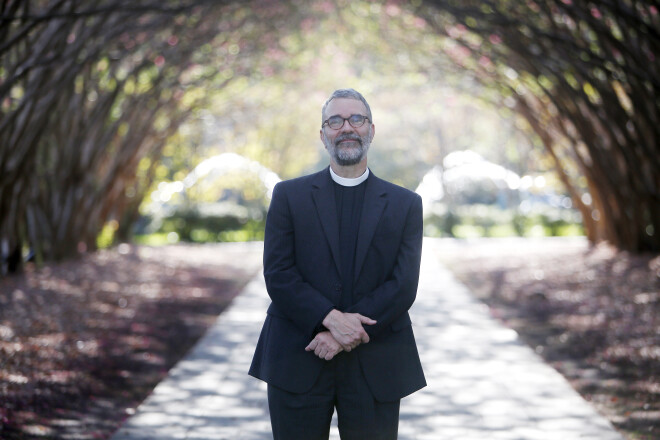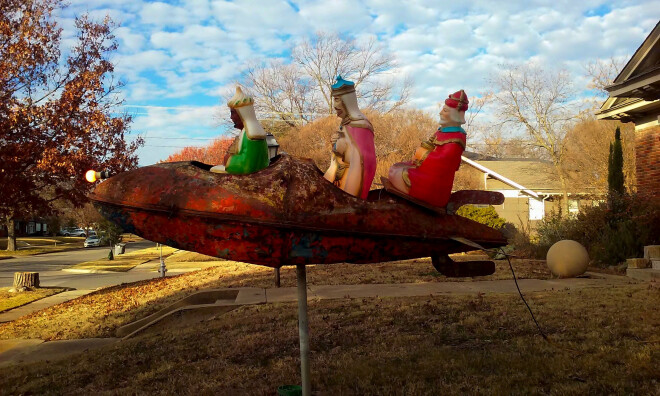Fun. Silly. Wrong.

Getting into an argument with a green, three-foot Jedi with pointy ears is ridiculous. We go to a Star Wars movie for shoot-em-up special effects, complete with 3D glasses, for good guy vs. bad guy, and weird lizard creatures at the bar. If there is a message to take away, it is that the Empire can be resisted, and that Vader is more complicated than we thought, and both are worthwhile themes.
The theologian of culture, James K.A.Smith, sees liturgies everywhere, not only in Church, but at the mall, in the parade, and at the movies. In this spirit, it is valid to call "The Last Jedi" to task, if only a little. Early in the (too long) movie, Yoda appears to exhort the now-retired and burned-out Luke Skywalker to get back in the game. He reassures him that everything he needs to know of The Force is in his heart already, and he is free to burn the ancient Jedi books. Really Bad Idea! For our culture, in its experientialism, does think something like that, but Christianity thinks the opposite. The latter teaches us to interrogate what’s in our heart based on what we hear in our ancient texts called "the Bible." Only in that way does the name and character of the Force come clear, both in and around us.
And I haven’t spoiled the ending for you really at all…
Peace,
+GRS




